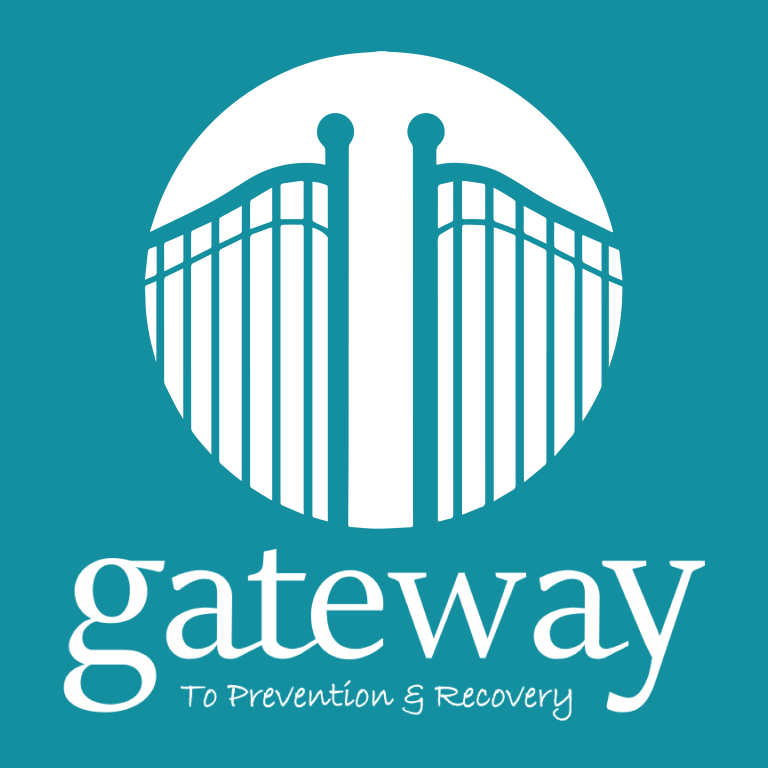Gateway to Prevention and Recovery supports all individuals and families in Oklahoma towards recovery and greater health through prevention, treatment, and wellness. Gateway understands that individuals and families who seek treatment for substances may also need support in other areas, including domestic abuse services. According to the American Society of Addiction Medicine (ASAM), substance abuse is involved in about 40–60 percent of all intimate partner violence (IPV) incidents.
Oklahoma has the highest domestic violence rate in the entire United States. According to the Oklahoma State Department of Health, 49% of women and 40% of men in Oklahoma have experienced domestic violence at some point.
According to the Oklahoma Department of Human Services, abusers can get victims hooked on a substance the abuser provides, making the victim more dependent, less likely to leave, and more vulnerable to abuse. In addition, domestic abuse victims are 70 percent more likely to drink excessive amounts of alcohol than those in healthy relationships.
Because of these connections between substance use and abuse, Gateway believes that it is important to highlight organizations, such as Project: SAFE, and increase early awareness of domestic abuse. Project: SAFE’s mission statement is “Providing Advocacy for Safety, Empowerment, Healing, and Freedom from Abuse.” They accomplish this through education, advocacy, legal assistance, crisis intervention, shelter for victims, and more. If you are in an abusive situation, see the end of this article to contact Project: SAFE and get help today.
Project: SAFE defines domestic abuse as “a pattern of behavior used to establish power and control over another person through fear and intimidation.” Physical abuse, when abusers threaten or perform unwanted (often violent) physical contact, is probably what readers are most familiar with. However, the following are also forms of abuse, each with unique characteristics:
- Psychological: Manipulating, lying, name-calling, yelling, withholding affection, patronizing
- Environmental: Slamming doors, punching walls, throwing things, hurting pets, ripping clothes
- Social: Public ignoring, humiliating, being rude to friends/family, interfering with relationships, giving a strict dress code
- Sexual: Making any unwanted sexual contact, forcing the victim to have sex, sleeping around, treating the victim as a sexual object
An abuser may combine multiple types of abuse. Psychological abuse often reinforces other kinds of abuse, making victims feel they cannot simply leave their abusers. Abusers are skilled in manipulating their victims and making them feel guilty, but abuse is never the victim’s fault.
Often, red flags of abuse are present early in a relationship. If you or a loved one is in a relationship with someone who exhibits any of these characteristics, the relationship is likely unhealthy or abusive:
- Controlling behavior: Constantly questioning the partner’s ideas/choices, limiting his or her personal decisions
- Isolation: Keeping the partner away from resources/support, limiting contact with friends/family
- Blaming others: Constantly presenting his or her own problems/feelings as someone else’s fault, falsely accusing others
- Emotional instability/volatility: Acting hypersensitive, angry, possessive, or jealous; exhibiting sudden mood changes, explosiveness, or extreme behavior
The above lists are not comprehensive. If you feel unsafe or taken advantage of in your relationship, even if you don’t see some of the warning signs listed above, you can reach out to Project: SAFE for help and guidance.
Victims often carry their own symptoms of abuse. Perhaps the most apparent sign is physical injuries, but emotional and behavioral symptoms can be harder to spot. Victims may exhibit some of the following behaviors:
- Making excuses for the abuser: Defending the abuser’s behavior; blaming it on a bad mood, stress, drugs/alcohol, themselves, etc.
- Isolating themselves from others: Not being allowed to—or uncharacteristically choosing not to—go out, spend time with friends/family, or do things they would normally do
- Changing emotionally: Becoming more withdrawn, less confident, and less enthusiastic
- Growing less reliable: Producing decreased quality or consistency of work/schoolwork, attending work/school less often
Remember, it is not your fault if you did not figure out that someone you love was an abuse victim. Many victims become experts at acting normal despite their pain. Do not blame yourself for not realizing the struggle someone else was hiding from you, and do not blame him or her for hiding it.
If you or a loved one are an abuse victim, Project: SAFE is here to serve you. Visit projectsafeok.com for more information about how they can help you escape and heal from abusive situations. You can also call their 24hr abuse hotline at (800) 821-9953, contact their Shawnee office at (405) 273-9953, or visit them at 313 N. Union Ave. in Shawnee. They also provide services at their Chandler office: call (405) 328-6200, or visit them at 724 Manvel Ave. in Chandler. To stay in the loop on upcoming events and schedule changes, you can follow them on Facebook (https://www.facebook.com/ProjectSafe) or Instagram (@projectsafeshawnee). Their services are absolutely free, so do not hesitate to reach out for the help you need.
Escape, safety, and healing are possible. Take the first step today.
Regan Green, M.S., has been working in victim advocacy for over sixteen years. She is currently with Project: SAFE, which services Lincoln and Pottawatomie Counties. Regan loves to witness positive change through her connections with individuals, families, and her community.
Katie McQuay was a writing intern for Gateway to Prevention and Recovery in 2023. She is a graduate of Oklahoma Baptist University with a major in English and a minor in Professional Writing and Editing.
